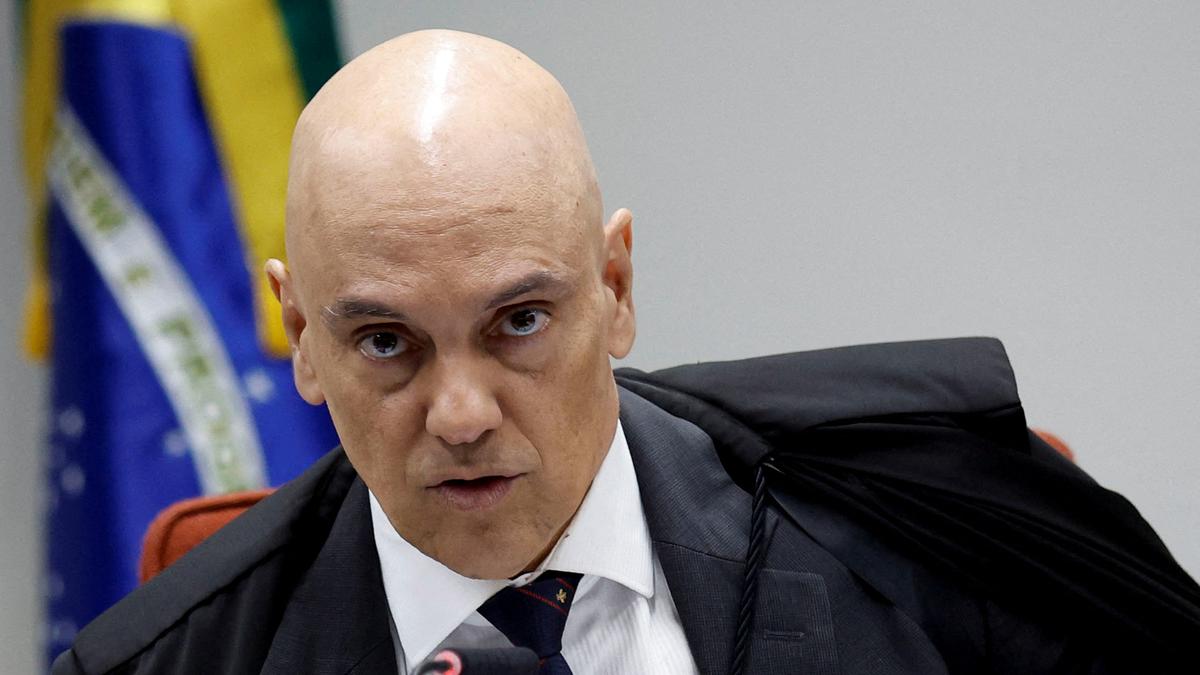The battle between Elon Musk and the Brazilian Supreme Court over free speech and misinformation has escalated once again, with the court ordering the suspension of X, formerly known as Twitter, in the country. The move, triggered by Musk’s refusal to appoint a legal representative in Brazil, highlights the ongoing conflict between the tech billionaire’s “free speech absolutist” ideology and the court’s efforts to safeguard democratic values.
The Standoff: A Clash of Ideologies
At the heart of this controversy lies a clash of contrasting principles: Musk’s belief in unrestricted speech versus the Brazilian Supreme Court’s commitment to protecting democracy from misinformation and harmful content. This ideological divide has manifested in a series of actions and counter-actions that have polarized opinions and raised questions about the role of social media platforms in shaping public discourse.
The Supreme Court’s Argument:
Justice Alexandre de Moraes, the justice who issued the suspension order, argues that X’s lack of a legal representative hinders the court’s ability to hold the platform accountable for content violations. This is based on Brazilian law that mandates foreign companies to have representatives in the country for legal matters. Mr. De Moraes has previously issued orders to block accounts on X for allegedly spreading misinformation and inciting violence, including accounts associated with former President Jair Bolsonaro’s party. He contends that these actions are necessary to safeguard democracy and prevent the spread of harmful content.
Musk’s Counter: Censorship or Democracy?
Musk vehemently rejects these accusations, labeling the court’s actions as censorship and a violation of free speech. He argues that Mr. de Moraes’ actions are politically motivated and aimed at silencing his critics. The tech mogul has consistently painted himself as a champion of free expression, a narrative that has resonated with many on the right who see social media platforms as suppressing their voices.
Musk’s repeated accusations against Mr. de Moraes, branding him a “dictator” and a “tyrant,” have fueled the tension and heightened the rhetoric surrounding this case. His accusations have also been met with fierce backlash from those who believe Mr. de Moraes’ actions are a crucial step in combating disinformation and protecting Brazilian democracy.
A High-Stakes Game for X and Brazil
The suspension of X in Brazil poses a significant challenge for the platform, both financially and strategically. Brazil represents a crucial market for X, with a sizable user base of 40 million, and the platform has struggled with advertisers fleeing since Musk’s acquisition. The suspension further threatens X’s global presence, putting a spotlight on the platform’s struggle to navigate complex legal landscapes while upholding its free speech principles.
A Double-Edged Sword:
While the suspension order presents challenges for X, it also raises concerns for the Brazilian government’s commitment to free speech and internet access. Critics argue that the suspension, however justified it may be legally, sets a dangerous precedent that could be used to stifle dissent and limit online freedom. This situation underscores the complex relationship between social media platforms, governments, and the delicate balance between freedom of expression and the responsibility to combat harmful content.
Implications and the Road Ahead:
The suspension of X in Brazil is not just a legal dispute; it represents a broader clash over the role of social media in shaping public discourse, the right to free expression, and the responsibility to curb misinformation. This standoff could have far-reaching implications, potentially impacting other platforms and countries navigating similar challenges.
What Next?
The future of X in Brazil is uncertain. The platform could challenge the suspension in court, but the outcome remains unpredictable. Meanwhile, the Brazilian government faces the challenge of balancing the need to regulate online content with its commitment to free speech and access to information.
Take Away Points:
- The clash between Musk and the Brazilian Supreme Court highlights the conflicting priorities of free speech, combating misinformation, and maintaining democratic principles.
- The legal dispute sheds light on the complex challenges social media platforms face when navigating regulations in different jurisdictions.
- The suspension of X in Brazil raises concerns about potential precedent setting and the balance between free speech and online content regulation.
- This situation highlights the importance of transparent and accountable legal frameworks for governing social media platforms, while ensuring free and open access to information for citizens.









